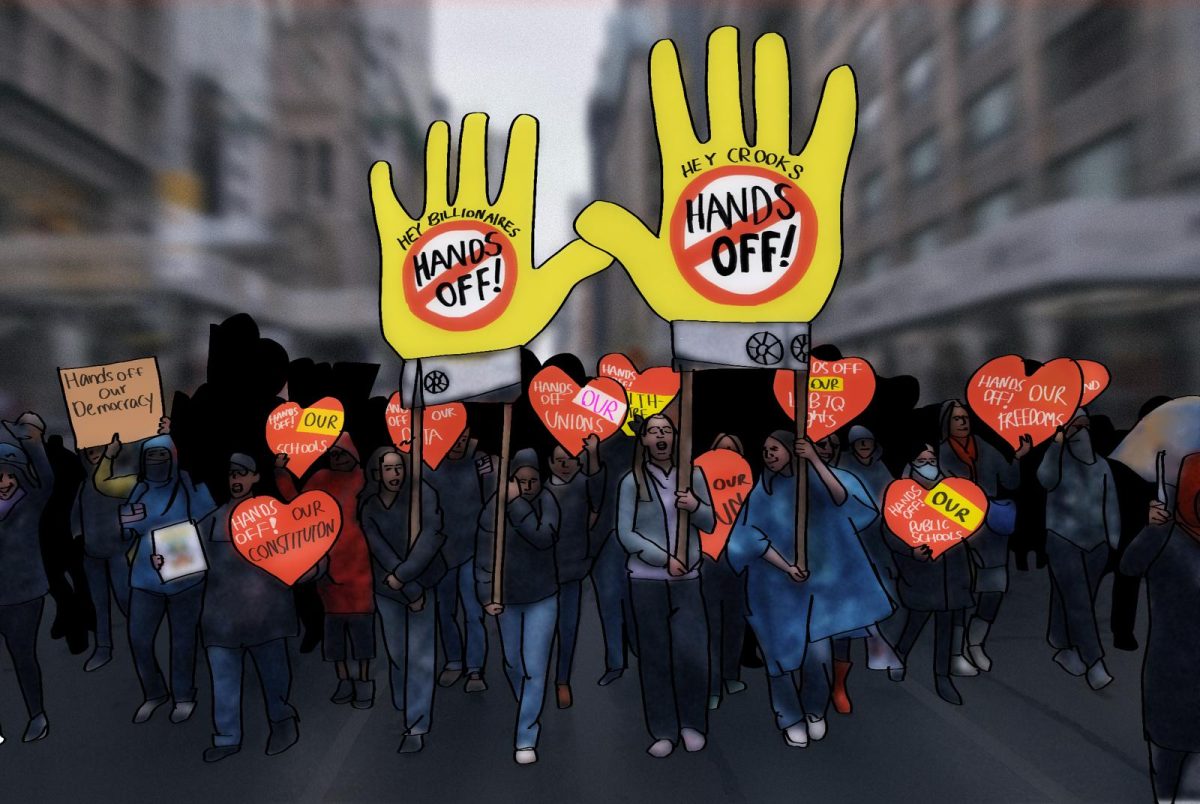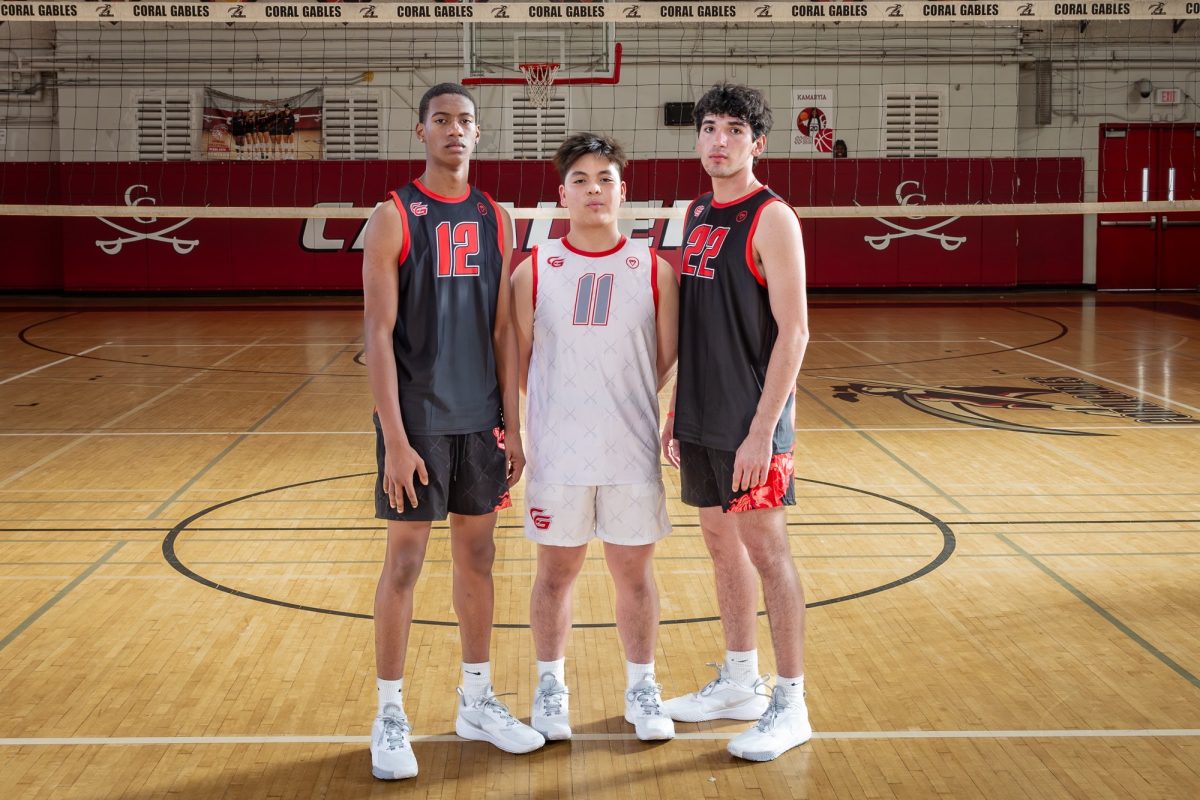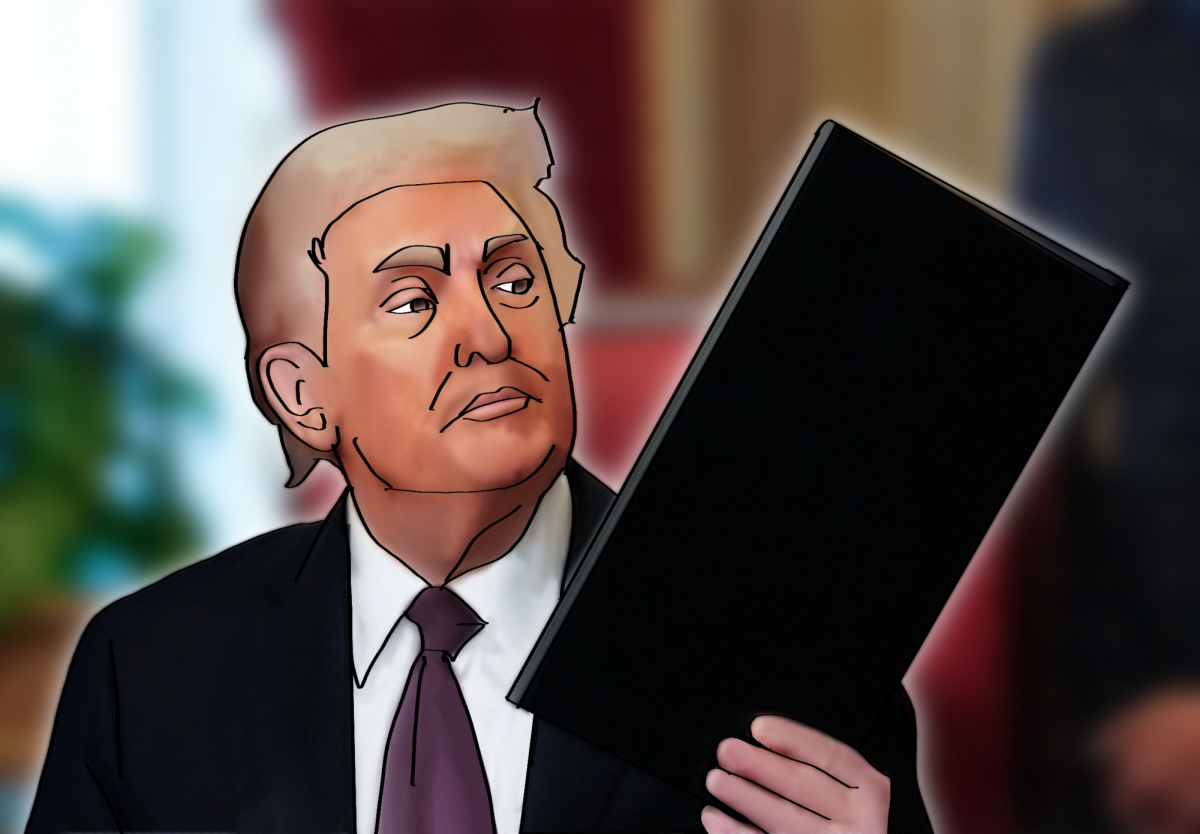The Right to Privacy or the Right to Safety?
Social media platforms are places where people can showcase their best moments–but it is becoming increasingly apparent that their worst moments can come to light in breaches of privacy that are occurring more frequently.
Sep 19, 2014
Within the first two weeks of Mr. Nelson’s IB Psychology class, students learn about experiments and ethical guidelines. One such guideline is the right to confidentiality. Psychologists understand the importance of the opinions of people who don’t want their information released to the world. But even then, those ethical guidelines can be sidestepped or ignored–with permission from the American Psychological Association–in order to pursue a theory that could benefit people.
This is where safety and personal rights become a blurred line in society today. When is it okay to infringe upon privacy rights guaranteed in the constitution, and when is it considered taking it too far? Who gets to say whether the release of information that someone would prefer not to have people know about is necessary to a cause? And, most importantly, when someone gets their hands on that information, what prevents them from releasing it to whomever they chose?
In regards to cases such as Edward Snowden and the National Security Agency (NSA) , privacy, safety and the lines they blur have become a pressing topic in the United States today. The government stated that they were using their technology to locate terrorist threats, but the constitution guarantees that that same government isn’t allowed to unlawfully obtain information about the citizens. The safety of the citizens overrode the privacy that the US strives to ensure its individual citizens. It served to both confuse and cause dissent amongst those very same citizens. Some people agreed with the methods the NSA employed, and others were incensed because of the violation of their personal rights and freedoms.
“We should all have our privacy, but I’d rather be safe and know that my family–or the government–has some idea of where I am rather than dead,” senior Francis Perez said.
On the other hand, violation of privacy rights due to someone wanting attention, money or personal enjoyment has become just as hot of a topic. Recently, social media has been ablaze with nude photos of celebrities who had those pictures on the privacy of their own, password encoded cell phones. Unfortunately, using an Apple iCloud bug, someone managed to illegally obtain the photos of several celebrities, and proceeded to put them on the internet for money. Twitter feeds and Facebook news feeds were abuzz with the pictures of popular celebrities such as Jennifer Lawrence and Victoria Justice, and while some attention is being paid to the fact that the release of this information was illegal, others are concerned for the safety of their private information.
“I don’t like how much of our lives we post on the internet. It’s fun to talk about ourselves and show others those moments where we feel good, but it’s not cool that the things we want to keep to ourselves are getting displayed as well,” junior Gaby Martinez said.
While the government was properly chastised after the NSA incident, nobody can really control the actions of people behind computer screens. While they may be tracked down and apprehended, it still hasn’t stopped people from putting up the inappropriate photos in the first place. A couple of months ago, alongside the release of a movie called “The Purge,” Twitter and Instagram accounts held their own “purges” and posted the nudes of countless students in Miami, along with their names and the high schools they attend, in an attempt to humiliate them. While prosecutors are looking into the issue, it causes more concern about what sort of information people keep stored on their devices.
“People should know that when they’re signing up for a social media platform, companies can’t guarantee the protection of their privacy. It’s important that everyone be aware of the possible consequences of their actions,” senior Matthew Roman said.
While the violations of privacy occurring are unwanted and distasteful, they contribute to the debate America is having on privacy rights and how they relate and interconnect with the protection and safety of the account-holding populace.










